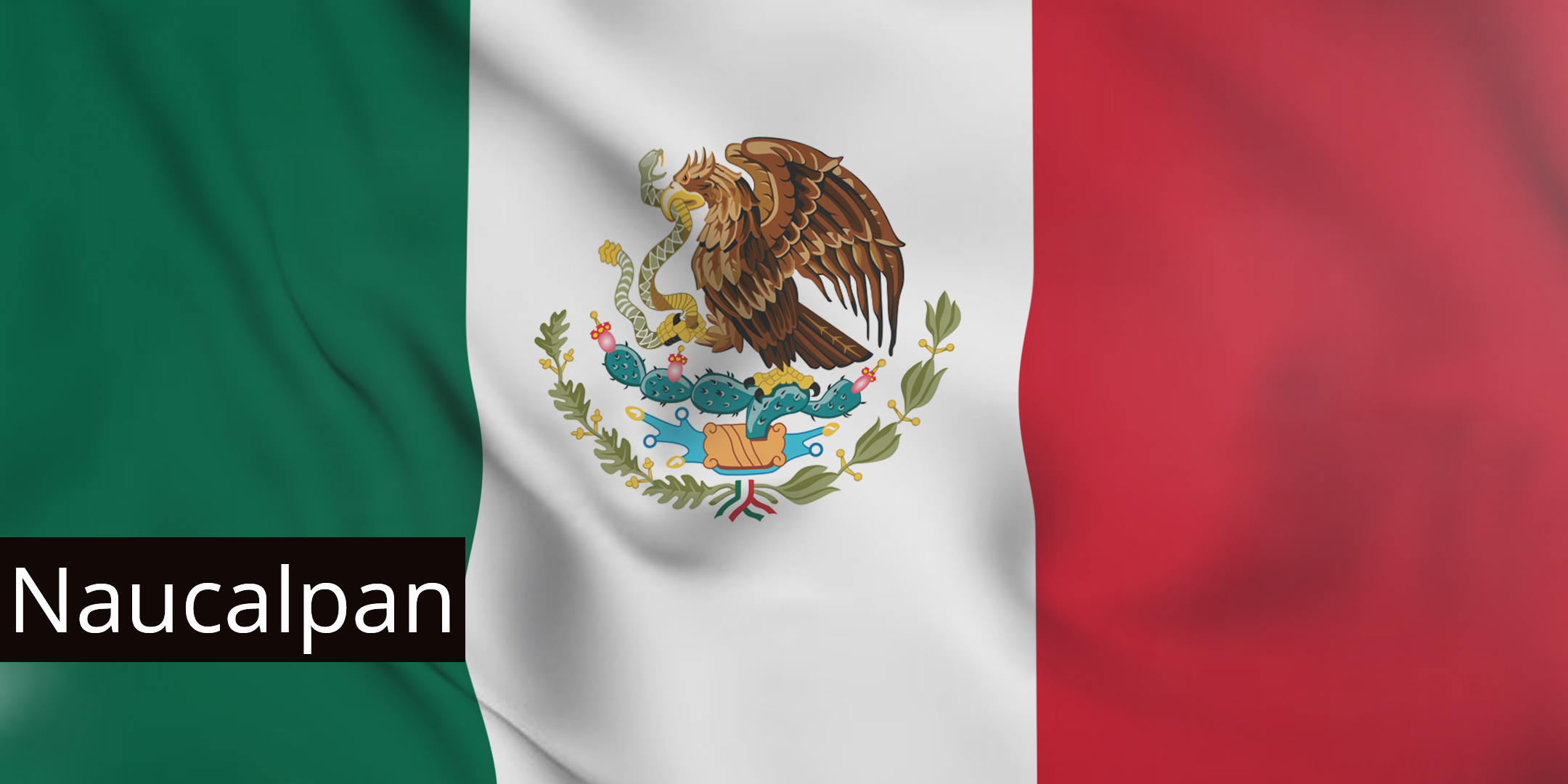
Naucalpan de Juárez, Mexico – Improving Waste Management Practices and Reducing Methane Emissions
In 2016, Naucalpan de Juárez, Mexico joined the Climate and Clean Air Coalition Municipal Solid Waste Initiative (Waste Initiative) to obtain assistance in improving its waste management practices. Through this partnership, the city received assistance analysing the environmental benefits of a planned mechanical and biological waste treatment facility using the Waste Initiative’s Solid Waste Emissions Estimation Tool (SWEET). This analysis suggests that the project will significantly reduce short-lived climate pollutant emissions, including methane emissions, over the coming years.
Background
Naucalpan faces many waste management challenges, including limited organic waste diversion and high waste transportation and disposal costs. To help address these challenges, the city is planning to construct a mechanical and biological waste treatment facility that will include an anaerobic digester. The digester will convert organic waste into biogas to generate electricity and feed into the power grid.
A Collaborative Effort
In 2016, Naucalpan earned a grant from Mexico’s National Bank for Public Works and Services (BANOBRAS) to cover up to 50% of the project’s costs (≈$50 million USD), including capital costs and costs for conducting technical analyses and studies. The remaining capital costs will be financed through a public-private partnership.
Naucalpan partnered with several additional entities to complete technical analyses and design the project, including:
- U.S. Environmental Protection Agency (EPA). Under the auspices of the Waste Initiative and the Global Methane Initiative, EPA assisted Naucalpan to conduct three separate assessments: 1) a pre-feasibility study of the proposed project, 2) an analysis of the city’s waste stream characteristics, and 3) an analysis of the potential emissions reduction benefits of the proposed project.
- German Federal Enterprise for International Cooperation (GIZ). GIZ provided technical and capacity building assistance to Naucalpan under its Energetic Utilization of Urban Waste and Financing Energy for Low Carbon Investment – Cities Advisory Facility (FELICITY) projects. GIZ worked with the National Autonomous University of Mexico (UNAM) to assess the potential energy value of Naucalpan’s organic waste stream.
- German Reconstruction Credit Institute (KfW). KfW facilitated a tour for delegates from Naucalpan to observe anaerobic digesters in Germany and the UK, and provided funding for project designs that were developed by private firms from the German state of Macklenbourg-Vorpommen.
Emissions Reduction Benefits
Naucalpan received support from the EPA and the Waste Initiative analysing potential methane emissions reduction benefits from the anaerobic digester in its planned project using the SWEET tool (see the box below). The analysis indicates the project could substantially reduce the city’s methane emissions. At the same time, the project could generate a considerable amount of electricity and extend the lifetime of the municipal landfill by diverting organic waste.
- 110,000 - 146,000 metrics tons of organic waste diverted from the landfill each year.
- 1.16 - 1.54 MMTCO2e in avoided landfill methane emissions over 20 years.
- 14,000 - 19,000 MWh in electricity generated each year.
SWEET Tool
Next Steps
Project Collaborators
- BANOBRAS
- City of Naucalpan
- Climate and Clean Air Coalition Waste Initiative
- EPA
- GIZ
- Global Methane Initiative
- KfW
- Mexico’s Secretary of Environment and Natural Resources
- Mexico’s Secretary of Energy
- UNAM
Naucalpan is in the process of obtaining approval for the proposed project by state and national government agencies, and expects to begin construction in late 2019. In the meantime, the city is exploring opportunities for improving the quality of the organic waste feedstock that will go to the anaerobic digester (e.g., by implementing source separation practices). Naucalpan would be the first city in Mexico to develop a project of this kind. As a result, private firms might perceive the project as a risky investment. Therefore, the city is evaluating alternative financing options to combine with the BANOBRAS grant and the public private partnership contract, such as low-interest loans from the Development Bank of Latin America (CAF) or the World Bank. This blended approach will help reduce the risks associated with the project.
Download The PDF